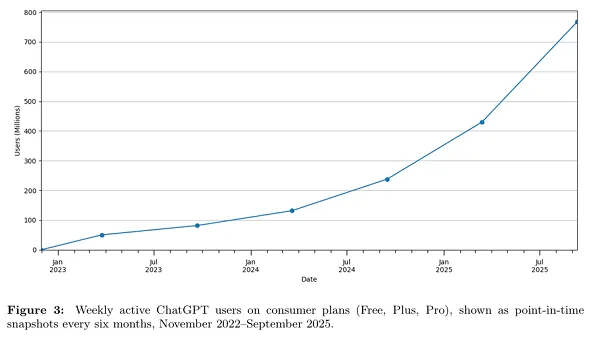Montana bans TikTok, leading to multiple questions
New law will impose the broadest and strictest limitations on use of the social media platform yet.

TikTok is facing its first statewide ban in the U.S. after Montana’s governor signed a measure Wednesday that will prohibit its download by the general public beginning next year.
The new law will impose the broadest and strictest limitations on use of the social media platform yet, spurred by widespread governmental concerns about the Chinese government’s access to American users’ personal data. However, it appears certain to draw legal challenges.
Related: TikTok talks with brands and agencies about ban talk
TikTok will be fined $10,000 for every day its platform operates on devices in Montana once the law takes effect on Jan. 1, 2024, as will mobile app stores offering it for download in the state. Users won’t be held liable for accessing the app. The law’s current text doesn’t explain the enforcement process for its removal from devices on which it’s already installed.
The law will make certain uses of TikTok, including for law enforcement or security research purposes, exempt from restrictions. The ban would become void if TikTok—owned by Beijing-based company ByteDance Ltd.—were to be acquired by a company “that is not incorporated in any other country designated as a foreign adversary,” according to its text.
Gov. Greg Gianforte, a Republican, banned TikTok “to protect Montanans’ personal and private data from the Chinese Communist Party,” he said in a tweet.
TikTok called the ban unlawful and said it “infringes on the First Amendment rights of the people of Montana.”
Look back: DTC brands prepare for potential TikTok ban
“We want to reassure Montanans that they can continue using TikTok to express themselves, earn a living, and find community as we continue working to defend the rights of our users inside and outside of Montana,” a TikTok spokesperson said in a statement. The spokesperson also questioned how the ban would be implemented.
While Montana is the first state to eliminate the general public’s access to the short-form video app, targeted bans focusing on government devices and networks cascaded across the country late last year. They peaked in December, the same month that four ByteDance staffers lost their jobs after accessing the account information of American journalists.
The US government and 38 states have issued such bans and President Joe Biden’s administration is in negotiations with the company to resolve national security concerns. The European Union, UK, Canada, and a handful of other countries have more recently imposed similar bans.
Federal lawmakers have also raised concerns about national security and data security on the platform, but have offered no evidence yet of improper access by the Chinese government.
The bill text—drafted by Montana Attorney General Austin Knudsen—states that the Chinese government can order TikTok to reveal user data including real-time location. The company also doesn’t adequately protect minors from content on the platform, it says, noting that it has promoted dangerous activities including “cooking chicken in NyQuil” and “licking doorknobs and toilet seats to place oneself at risk of contracting coronavirus.”
Constitutionality Questioned
Tech trade group NetChoice, whose members include TikTok, Meta Platforms, Inc., and Amazon.com Inc., called on Gianforte to veto the “unconstitutional” bill in a statement.
“The law sets a dangerous precedent that the government can ban any business it doesn’t like without clear evidence of wrongdoing. The Constitution clearly forbids lawmakers from passing laws that punish specific individuals or businesses and bans Americans from accessing constitutionally protected speech,” wrote NetChoice Vice President and General Counsel Carl Szabo.
NetChoice, which recently launched a litigation center and called the legal system the “battleground for the future of innovation and technology,” did not mention whether it plans to challenge the law when asked for comment.
—Bloomberg News

 Kass
Kass 





























.jpg&h=630&w=1200&q=100&v=f776164e2b&c=1)


